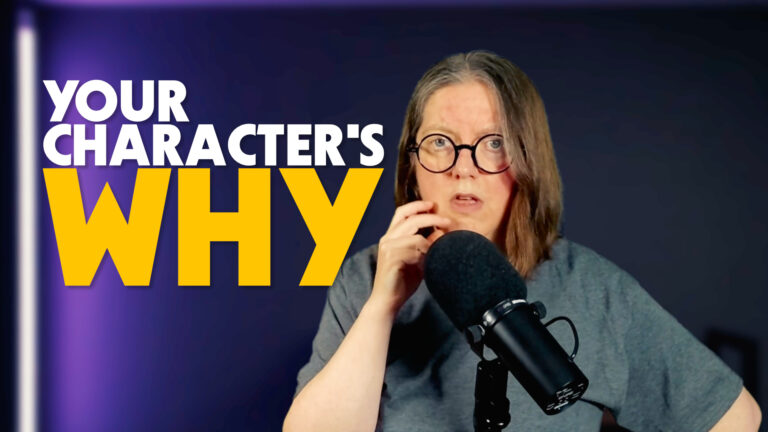
Icebreakers. They’re common in an improv class, at the top of a jam, or maybe when a team is just getting to know each other.
Some people love them.
Some people hate them.
Some of us have a love/hate relationship depending on the day or the icebreaker in question.
Many of the people who really dislike icebreakers are neurodivergent people, which is why such a seemingly simple thing is getting an episode.
But many students, neurodivergent or not, need icebreakers to feel comfortable in scenes that are in their very near future! Especially when they’re in a room with strangers (or near-strangers).
Students might not know they kinda need them, either. Icebreakers might be needed to make a room feel a bit safer, a bit more beneficial, a bit more comfortable.
But some people, especially some of us neurodivergents with communication difficulties, communciation differences, and trauma history feel uncomfortable doing them.
So… what now?
This article reviews what the issues are, why you still need an icebreaker or similar alternative, and a bunch of options to make your icebreakers (and classes or gatherings/events) more inclusive and our spaces as beneficial as possible.
Get the Educational PDF Resource Guide for this article
This article is now part of an updated, expanded, and improved article on icebreakers for new groups of actors or improvisers. You can download an improved, updated, and vastly expanded PDF guide for this article.
Learn why they are important, and how to make them more accessible and accepted by diverse types of brains in the room.

Get it – COMING SOON on this site.
Listen to the podcast episode
This episode discusses why icebreakers can be so difficult for some types of brains, but why they can be important for diverse people in a room. How to make these exercises more accessible – and comfortable – to a wide range of neurotypes in the room.
Talk on Discord
Discuss this topic with improvisers
This link will take you directly to the forum for this newsletter on the Improv Update Discord.The discord also contains a bunch of channels for improv nerds. Nice.




